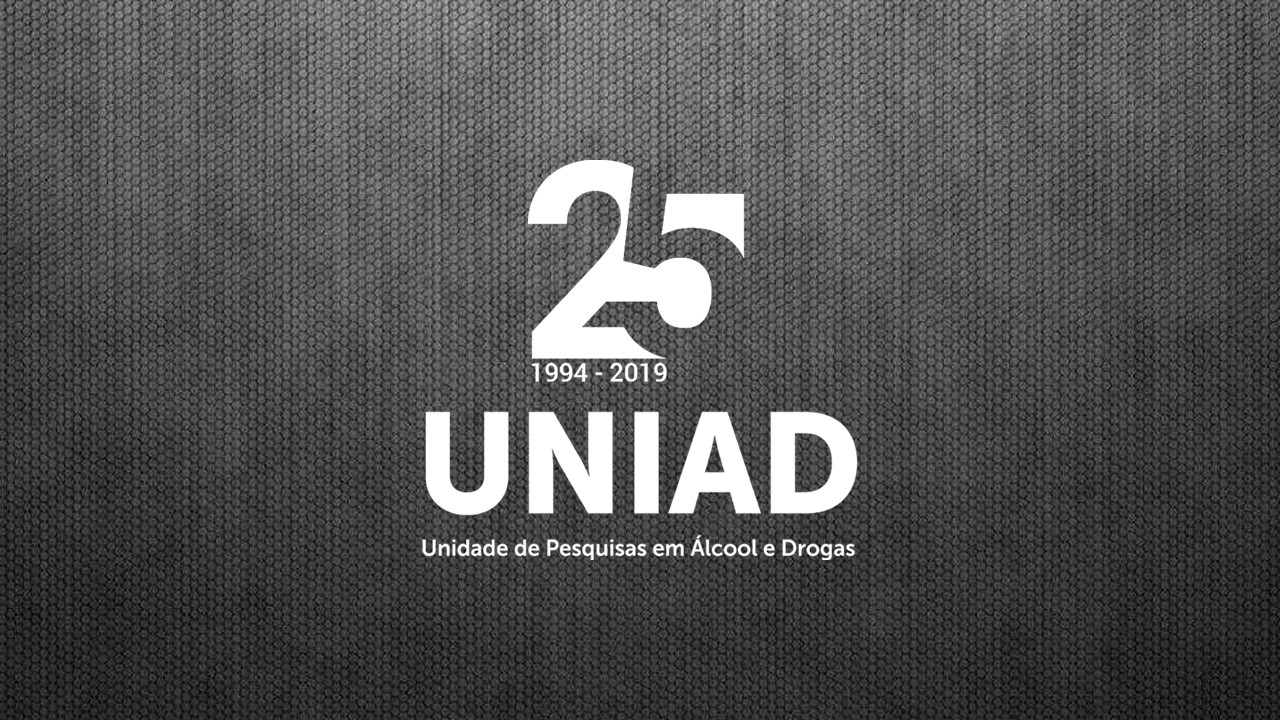The effect of religiosity on violence: Results from a Brazilian population-based representative survey of 4,607 individuals

Although there is a wide array of evidence showing the beneficial effect of religiosity on violence among adolescents, nationwide studies in the general population are scarce. This study aims to explore whether religiosity is associated or not with diminishing violence in a Brazilian population-based representative sample. This observational cross-sectional study was conducted in 2011–2012 using face-to-face interviews and included 4,608 individuals 14 years and older. The survey included measures of religiosity (religious affiliation and importance of religion), violence (involvement in fights, domestic violence and police detention), depression, social support and alcohol dependence. We used logistic regression models and mediation analyses. In the total sample analyses, after adjustments, having a religious affiliation was inversely associated with lower involvement in fights (OR = 0.60,CI95%:0.37–0.98) and less police detention (OR = 0.37,CI95%:0.20–0.70), whereas the importance of religion was only associated with less fights (OR = 0.60,CI95%:0.36–0.99). Subanalyses revealed different associations depending on the age group evaluated. Mediation tests showed that the association of religious affiliation on violence outcomes was mediated by alcohol use. In conclusion, religiosity seems to be an important factor associated with lower levels of violence in this nationwide representative survey and alcohol dependence seems to mediate this relationship. Health professionals should be aware of these findings in their clinical practice.
Read the full article: https://journals.plos.org/plosone/article?id=10.1371/journal.pone.0238020

